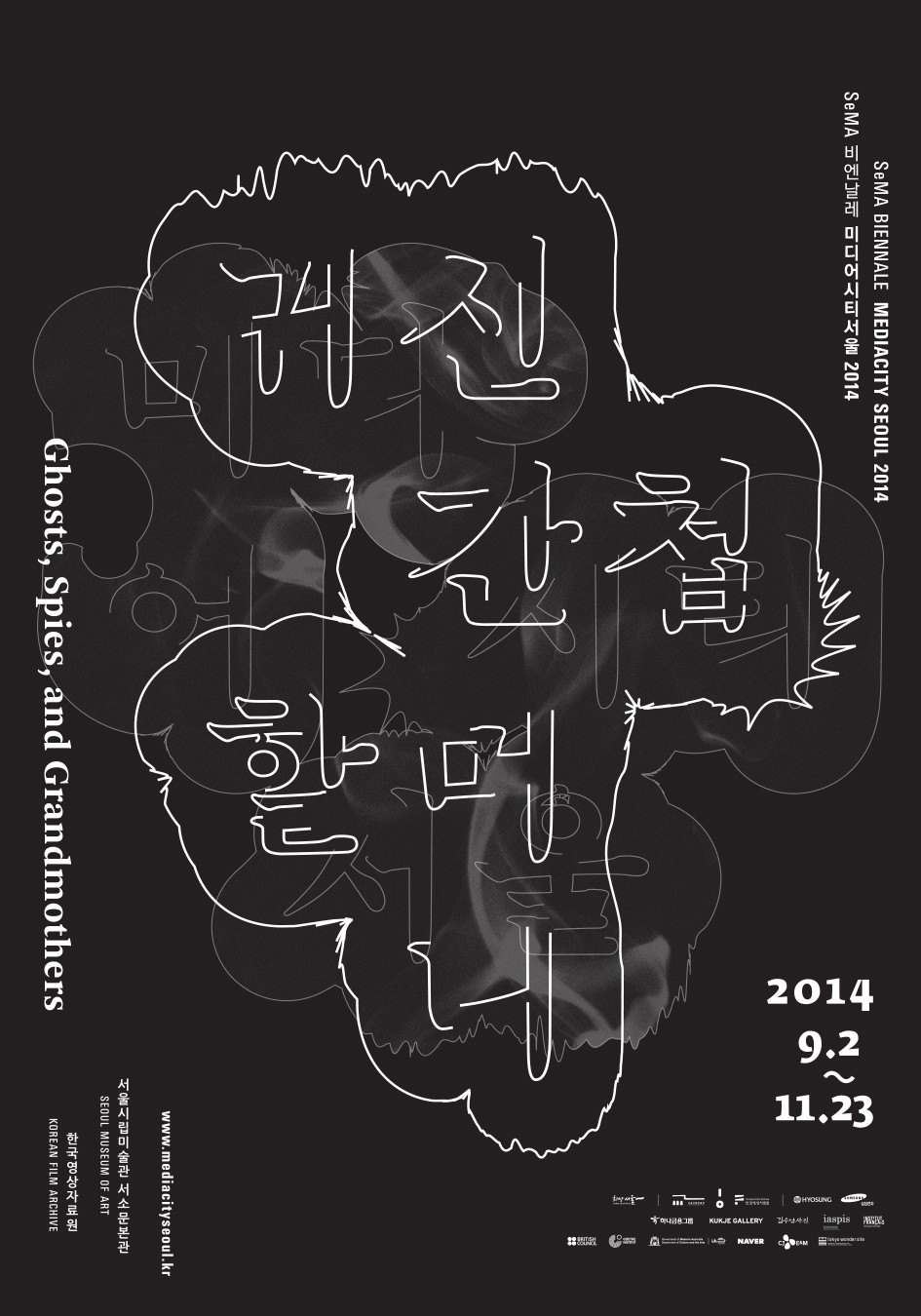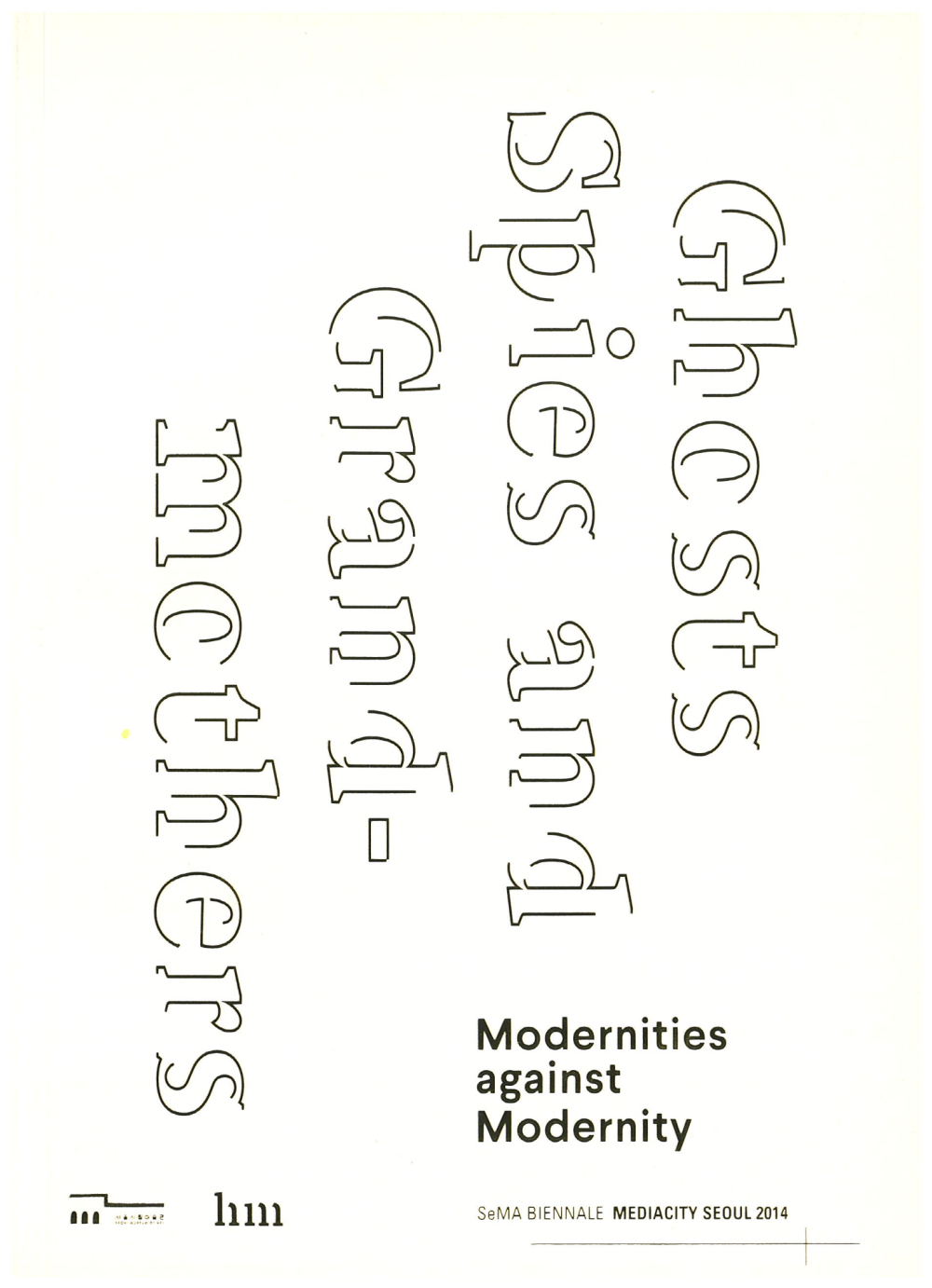Bertolt Brecht, original name Eugen Berthold Friedrich Brecht, German poet, was playwright and theatrical reformer whose epic theater departed from the conventions of theatrical illusion and developed the drama as a social and ideological forum for leftist causes. Until 1924 Brecht lived in Bavaria where he was born, studied medicine (Munich, 1917-21), and served in an army hospital (1918). From this period date his first play, Baal (produced 1923); his first success, Trommeln in der Nacht (Kleist Preis, 1922; Drums in the Night); the poems and songs collected as Die Hauspostille (1927; A Manual of Piety, 1966), his first professional production (Edward II, 1924); and his admiration for Wedekind, Rimbaud, Villon, and Kipling. During this period he also developed a violently antibourgeois attitude that reflected his generation’s deep disappointment in the civilization that had come crashing down at the end of World War I. Among Brecht’s friends were members of the Dadaist group, who aimed at destroying what they condemned as the false standards of bourgeois art through derision and iconoclastic satire.

